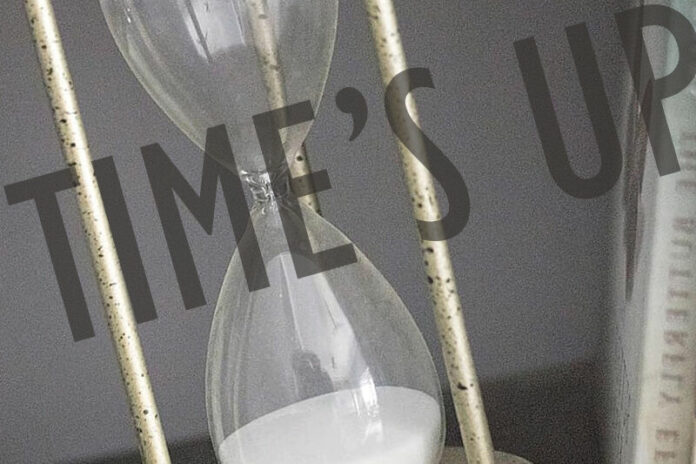On Wednesday, Aug. 5, the Sonoma Local Agency Formation Commission (LAFCO) voted unanimously to dissolve the Palm Drive Health Care District. LAFCO’s action was recorded with the county the next day. The County of Sonoma, the successor agency for the health care district, now inherits all of the district’s assets, liabilities, debts, records and taxing authority.
With the stroke of a pen — or a keystroke — LAFCO put an end to the 20-year saga of the Palm Drive Health Care District (PDHCD), which was founded in 2000 to provide support for Palm Drive Hospital.
The dissolution of the district will have no effect on the hospital, which was sold in 2019 to a private company, AAMG, for use as a long-term acute care facility.
Once the district sold the hospital, long-time critics, like former PDHCD board member Jim Horn, argued that the district no longer had a reason to exist and started a petition campaign to dissolve it. Under the gun of the petition, the district ultimately decided to dissolve itself and has spent the last few months negotiating the terms of the dissolution with the county. Last week, LAFCO simply took matters into its own hands and dissolved the district on its own accord.
You’d have thought that would be the end of it. You’d be wrong.
A new non-profit rises from the ashes
In a move that infuriated critics, the Palm Drive Health Care District granted $200,000 on its way out the door as seed money for a new nonprofit, the Gravenstein Health Action Coalition, which had until the dissolution operated as a subcommittee of the district, granting funds for local public health initiatives.
Critics say the $200,000 grant violates Measure W, the parcel tax measure that funded the district and for which most folks in west county pay between $100 and $155 a year. The dissolution of the district doesn’t end these yearly payments. They will now be collected by the county and will continue for 15 to 20 more years, until the district’s debts are paid off.
In a celebratory missive to his supporters after the dissolution of the district, Horn named this grant as one of the outstanding issues still left to be resolved.
“First is the $200k in Measure W taxes that the district illegally granted in the last few weeks to a new non-profit group established by the district itself,” Horn wrote. “We will try to convince the county to ‘claw back’ that money for use in paying down (the district’s) debts.”
A related question is whether the public will ever get to see the Hanson-Bridgett report, which supposedly contains a legal opinion on whether the district is allowed to use Measure W money to make such general public health grants in the first place.
“The county is now the successor agency so it has the Hanson-Bridgett report, and it can decide what it wants to do about it,” said PDHCD board member Richard Power, who ran on a platform of dissolving the district. “They can decide whether they want to ‘claw back’ the $200,000 from this new entity.”
That phrase, “claw back,” came from an email from county assessor Erick Roesser who threatened that the county might do just that if the parcel tax proceeds didn’t meet the costs of paying and administering the district’s debts.
Will the hospital’s new owner have to pay the county $1.2 million?
Power said that another outstanding issue is the question of whether AAMG, the hospital’s new owner, will have to pay the county $1.2 million. The district sold the hospital for $2 million in cash and a $1.2 promissory note that, among other things, specified that AAMG would keep the urgent care open for at least 10 years or else pay an additional $1.2 million. AAMG closed the urgent care this spring because of the COVID-19 pandemic. The question of whether to pursue AAMG for the additional $1.2 million is now a matter for the county to decide.
50.1
F
Healdsburg
April 20, 2025








